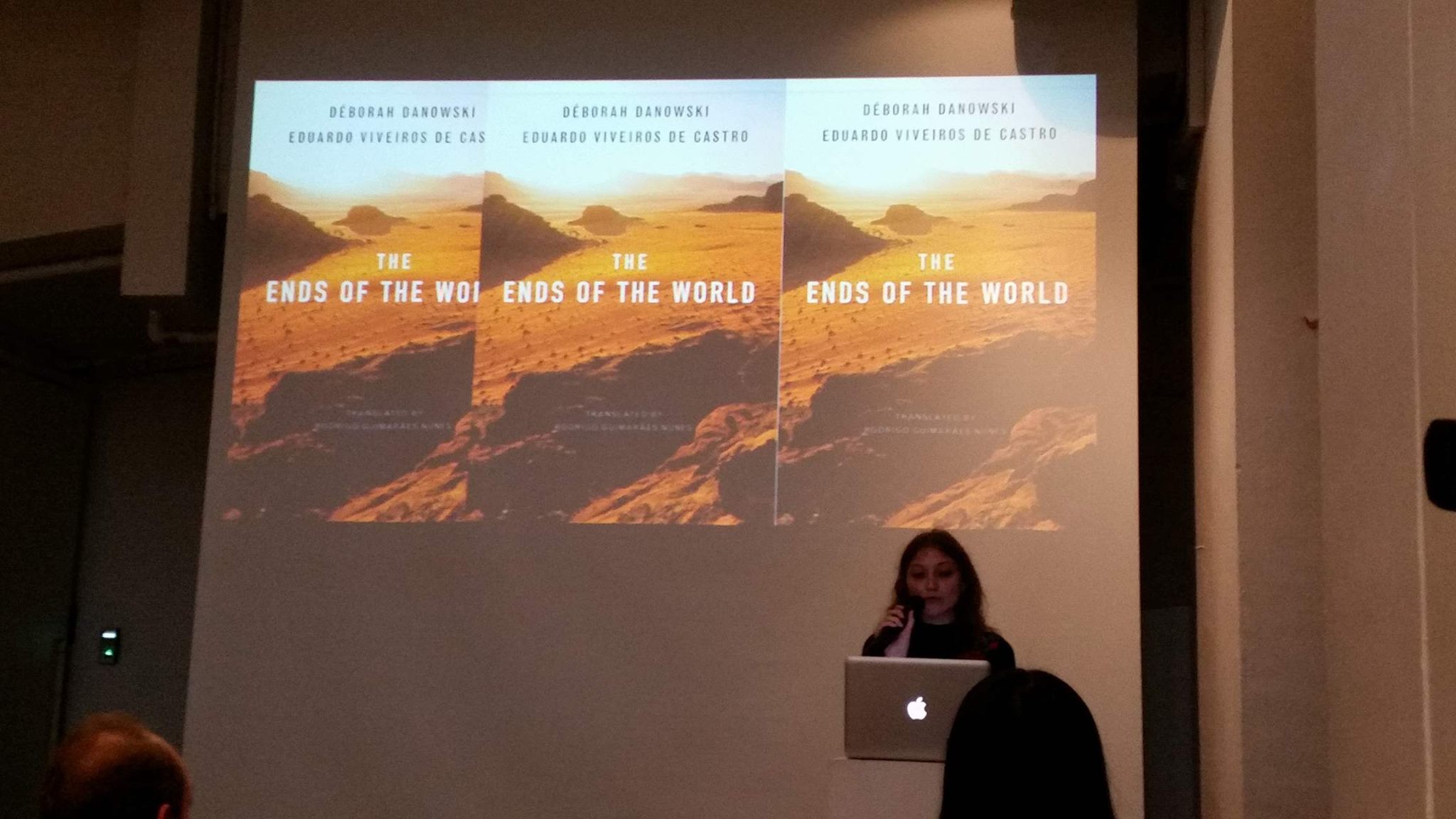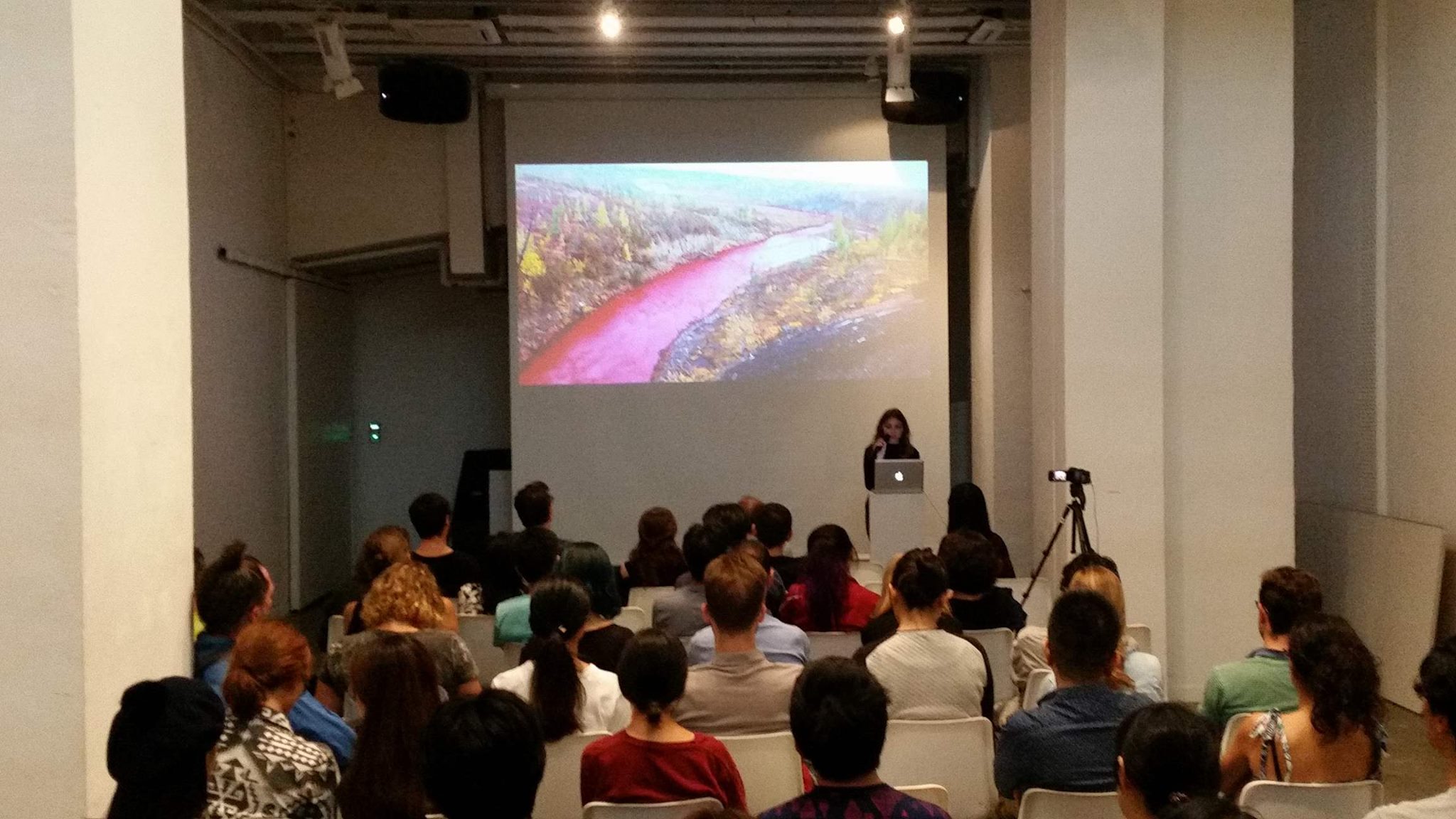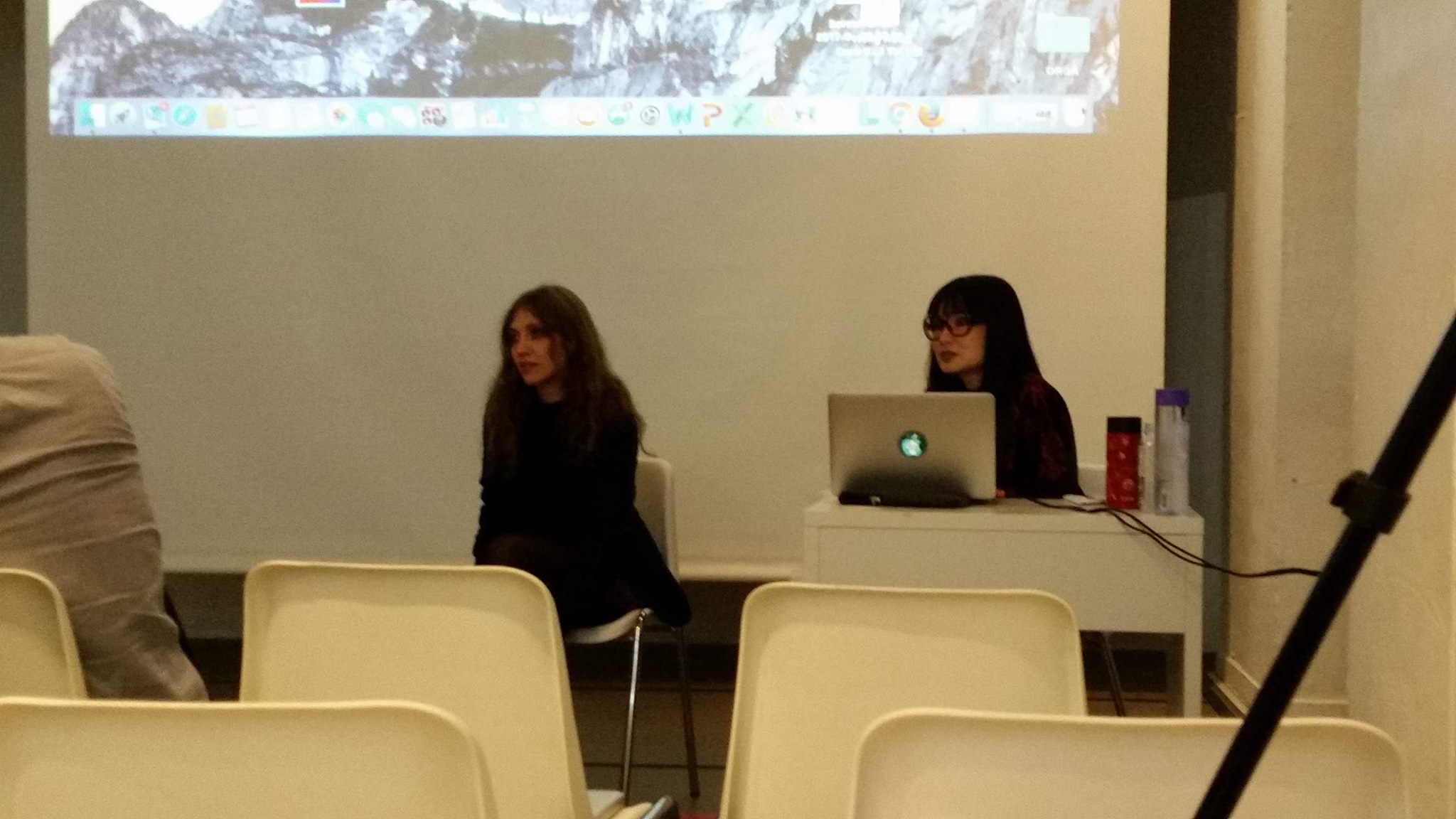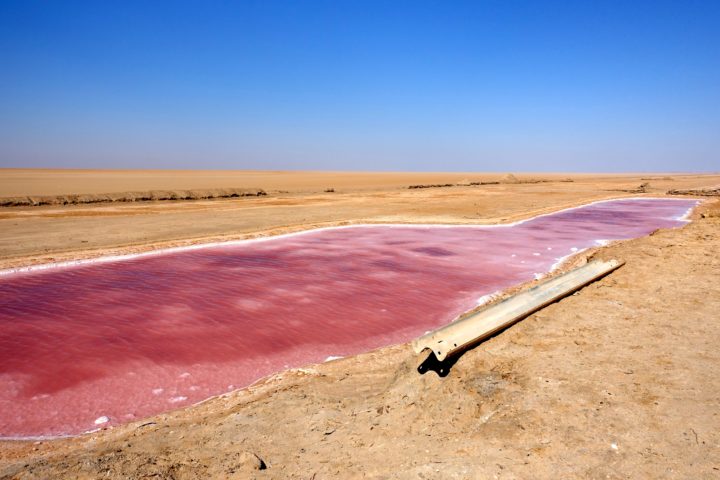The “end of the world” is a seemingly interminable topic at least, of course, until it happens. Environmental catastrophe and planetary apocalypse are subjects of enduring fascination and, as ethnographic studies show, human cultures have approached them in very different ways. Indeed, in the face of the growing perception of the dire effects of global warming, some of these visions have been given a new lease on life. Information and analyses concerning the human causes and the catastrophic consequences of the planetary ‘crisis’ have been accumulating at an ever-increasing rate, mobilising popular opinion as well as academic reflection.
The theory- and literature driven lecture focuses on the book of the same title as quoted above, written by philosopher Déborah Danowski and anthropologist Eduardo Viveiros de Castro. It offers a bold overview and interpretation of these current discourses on ‘the end of the world’, reading them as thought experiments on the decline of the West’s anthropological adventure that is, as attempts, though not necessarily intentional ones, at inventing a mythology that is adequate to the present. Furthermore, it includes references to the Cyborg Manifesto by Donna Harraway and the thoughts of Heather Davis who wrote in her work “Life and Death in the Anthropocene”:
“The Anthropocene relies on the “narrative of ideology” of white, patriachial techno-destruction, postponing political and ethical engagement with the promise that “there will be a clear, clean and defined end, rather than the much more probable scenario of ongoing devastation, species extinction and mutation towards a future that will become increasingly toxic.”
What to make out of all this?
A lecture by Angela Szu and Bogna Konior




